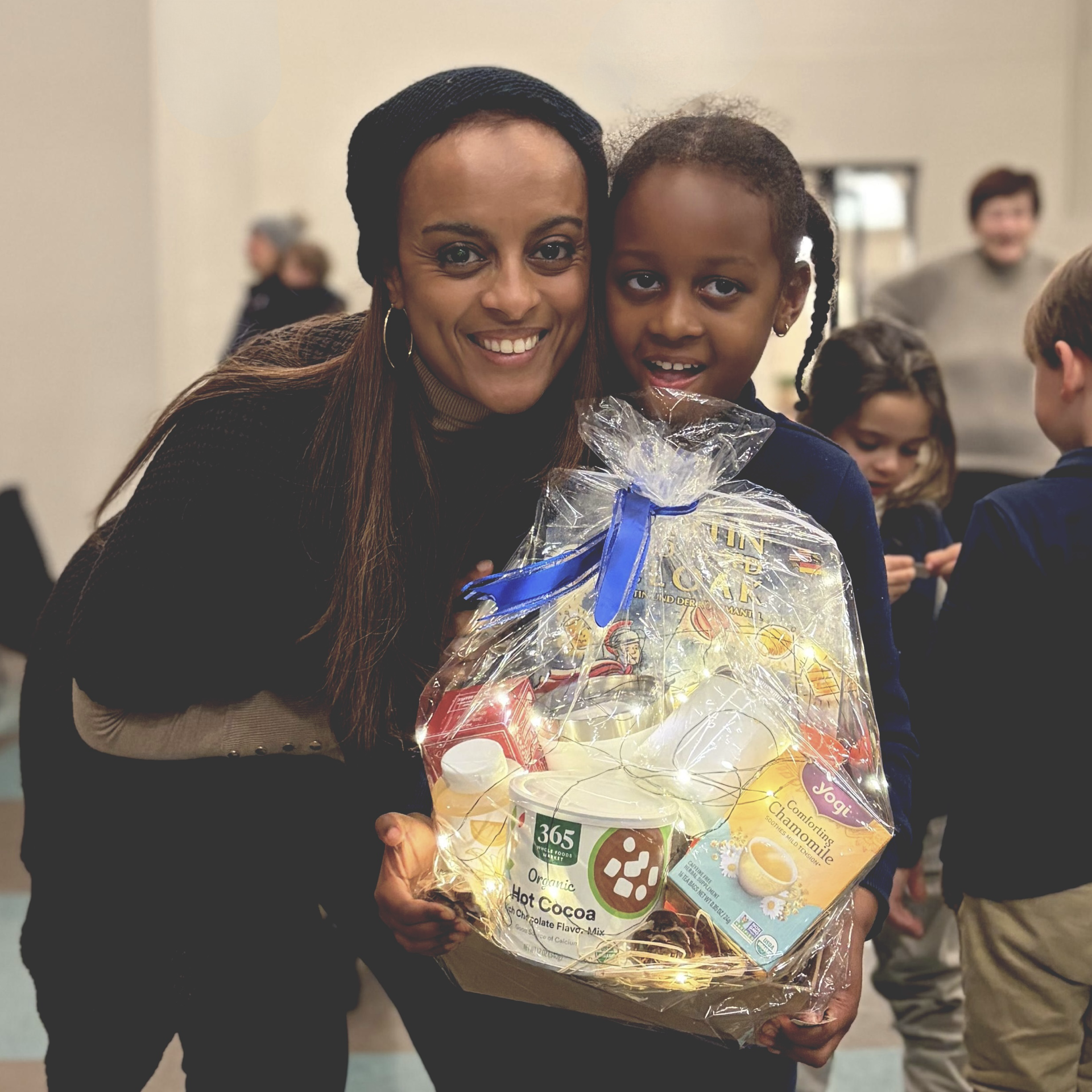Living The Lessons of Community
“How can you be prepared for social life if you have no knowledge of social life or the beginning of society?”— Maria MontessoriMontessori understood something that modern research continues to affirm: people do not learn how to live well with others simply by being told what to do. We learn it by being part of a community. Social life, the sharing, cooperating, communicating, and contributing that make us human, is not instinctive. It is learned slowly, through observation, participation, and belonging. Montessori called the classroom a miniature society because it offers children a safe and meaningful place to practice being part of a community long before they enter the wider world.
We saw this beautifully during our Lantern Walk. Families gathered, children carried the light they had created, and the simple act of walking together, singing, laughing, and sharing food, allowed everyone to experience community not as an idea but as something lived. Moments like these are not extra; they are essential practice in belonging.
For children, social life begins with simple, everyday experiences: offering a friend a turn, helping prepare a snack, resolving small conflicts, walking and singing together, caring for plants and animals, cleaning what they used, and celebrating birthdays and rituals. These shared moments build empathy, cooperation, and trust. They show each child that they are part of something larger and that their contribution matters.
Adults also need environments where social life feels natural and supported. A cafe where someone knows your name. A morning drop off that becomes a daily check in. A farmers market where families linger and talk. Belonging does not happen by accident; it grows in environments intentionally designed for openness, kindness, and shared purpose.
For older adults, social participation is a form of dignity. As people age, opportunities for connection often become fewer, not because the need for community diminishes, but because society offers fewer invitations. Montessori reminds us that older adults must be welcomed into community life as participants, not observers: telling stories to children, tending the gardens, reading aloud, and helping shape traditions. These experiences restore purpose, counter isolation, and affirm the fundamental human need to be needed.
Montessori’s question invites us to look closely at how we shape our environments and our days. If we want children to become caring and cooperative adults, we must let them live in caring and cooperative environments now. If we want adults to feel supported, we must give them real opportunities to connect. If we want older adults to feel valued, we must welcome them fully into the circle of community.
We learn social life by living social life. Community is not something we teach; it is something we build and inhabit together.
Join us as we continue building community together at our next gathering, the Children’s Fall Farmers Market on Saturday, November 22, 2025.


